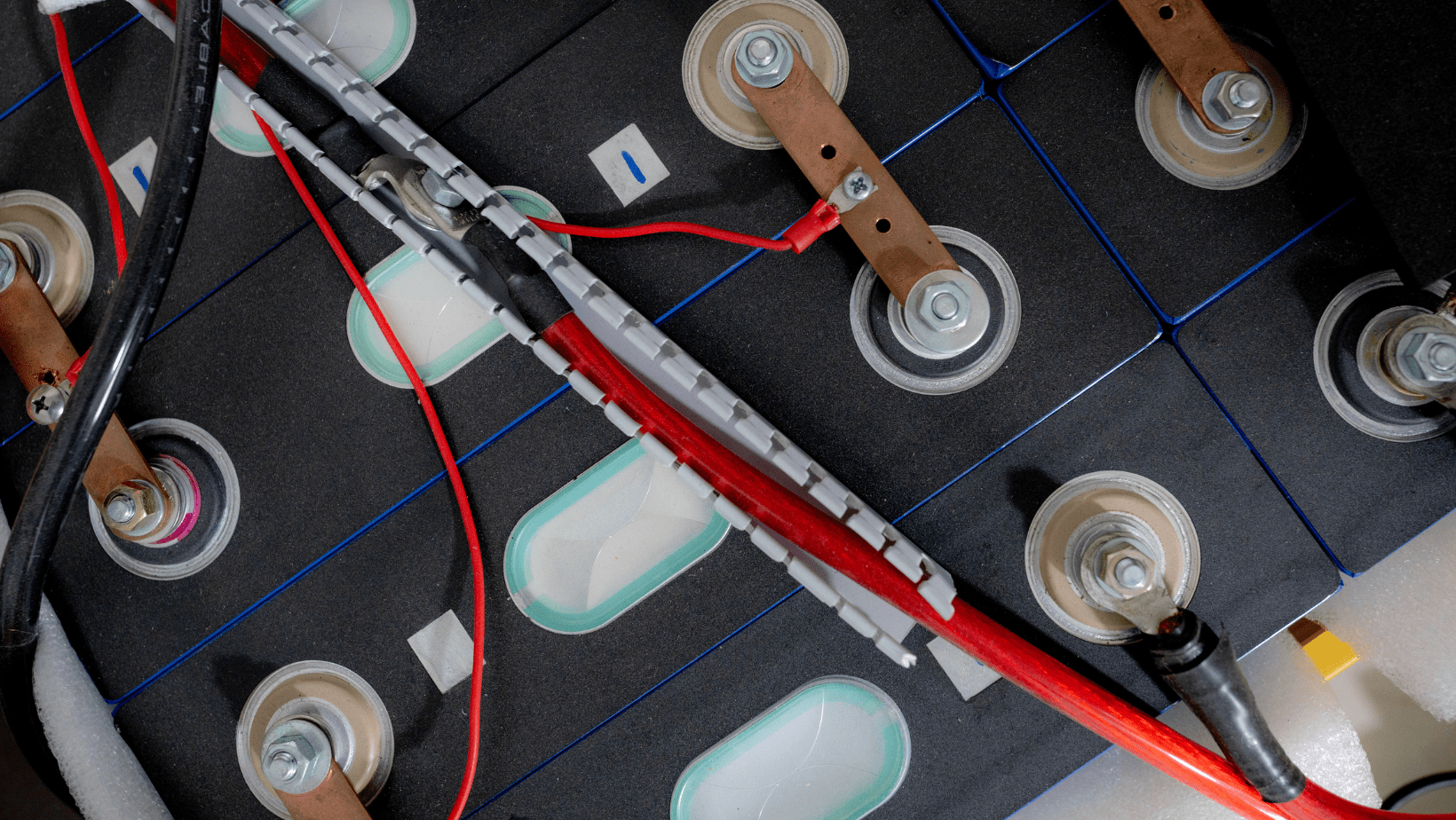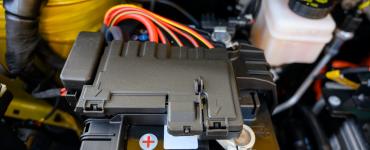Impact of Electronics on Car Batteries
In the modern automotive world, the impact of electronics on car batteries has become a pivotal topic. With vehicles increasingly reliant on electronic systems for both functionality and comfort, understanding how these electronics influence battery performance and longevity is crucial for any car enthusiast. This article delves into this aspect, offering insights and tips for maintaining optimal battery health amidst the electronic demands of contemporary vehicles. Let’s discover impact of electronics on battery!

Navigating the Electronic Landscape in Modern Cars
Electronics have become integral to the automotive experience, enhancing everything from safety features to entertainment systems. However, this increased dependency on electronics places significant demands on car batteries, making understanding their impact essential for optimal vehicle performance and maintenance.
Key Takeaways
- Electronics and Battery Load: Increased electronic features add load to the battery, impacting its longevity.
- Battery Maintenance: Regular maintenance can mitigate the effects of electronics on battery health.
- Choosing the Right Battery: Selecting a battery that meets the demands of your vehicle’s electronics is crucial.
Electronics and Battery Load: Understanding the Connection
The proliferation of electronic features in modern vehicles, from advanced infotainment systems to sophisticated safety mechanisms, has increased the load on car batteries. This added strain can accelerate battery wear and tear, leading to shorter battery life.
Impact of High-Demand Electronics
- Start-Stop Systems: Reduce battery lifespan due to frequent starting.
- Infotainment Systems: Constant use can drain the battery, especially when the engine is off.
- Safety Features: Advanced features like lane assist and emergency braking require continuous battery power.
Impact of Vehicle Electronics on Car Batteries
| Electronic Feature | Impact on Battery | Description |
|---|---|---|
| Start-Stop Systems | High Impact | Frequent engine starts strain the battery, leading to faster degradation. |
| Infotainment Systems | Moderate Impact | Continuous use, especially when the engine is off, can drain the battery significantly. |
| Safety Features | Moderate to High Impact | Advanced features like lane assist and emergency braking require continuous power, increasing battery load. |
| GPS and Navigation Systems | Low to Moderate Impact | Constant use can drain the battery, but generally less demanding than other features. |
| Climate Control Systems | Moderate Impact | Extensive use, especially in extreme temperatures, can add significant load to the battery. |
Maximizing Battery Life in the Electronic Age
While electronics do place extra demand on car batteries, proper maintenance and care can help mitigate these effects. Regular battery testing is crucial to ensure your battery is performing optimally.
Tips for Battery Maintenance
- Regular Testing: Keep track of battery health with routine tests.
- Proper Storage: Follow proper battery storage guidelines to extend lifespan.
- Battery Charging: Adhere to best charging practices to maintain battery condition.
Strategies for Maintaining Battery Health with High Electronic Load
| Strategy | Description | Relevant Link |
|---|---|---|
| Regular Battery Testing | Routine testing to monitor battery health and performance. | Comprehensive Guide to Battery Testing Methods |
| Proper Battery Storage | Storing the battery correctly to prolong its lifespan. | Proper Battery Storage: Ensuring Longevity and Performance |
| Adhering to Charging Best Practices | Following optimal charging methods to maintain battery condition. | Battery Charging Best Practices |
| Choosing the Right Battery | Selecting a battery that suits the vehicle’s electronic load. | Choosing the Right Battery for Your Vehicle |
| Managing Cold Weather Challenges | Special care during cold seasons to ensure battery efficiency. | Cold Weather Battery Care: Navigating the Chill |
| Preventing and Managing Corrosion | Regular checks and cleaning to prevent corrosion affecting battery performance. | Understanding and Managing Battery Corrosion |
Choosing the Right Battery for Your Electronic Needs
Selecting a battery that can handle the electronic demands of your vehicle is essential. A higher capacity battery may be necessary for vehicles with extensive electronic features. Explore options and recommendations for choosing the right battery for your car.

Navigating Challenges: Cold Weather and Battery Corrosion
Cold weather and corrosion are significant challenges for batteries in electronically advanced vehicles. Understanding how to navigate these challenges, such as through cold weather battery care and managing battery corrosion, is crucial.
Addressing Common Challenges
- Cold Weather: Batteries are less efficient in cold temperatures, affecting electronic performance.
- Battery Corrosion: Can lead to poor battery connection, impacting electronic systems.
Conclusion: Impact of electronics on battery
In conclusion, while electronics have enhanced the driving experience, they also pose challenges for battery health. By understanding these impacts and taking proactive steps in maintenance and selection, you can ensure your vehicle’s electronics and battery work in harmony for a smooth, uninterrupted ride.
Safe Disposal and Recycling
Remember, when replacing your car battery, proper disposal is key. Follow essential guidelines for battery disposal to ensure environmental safety and compliance with regulations.




